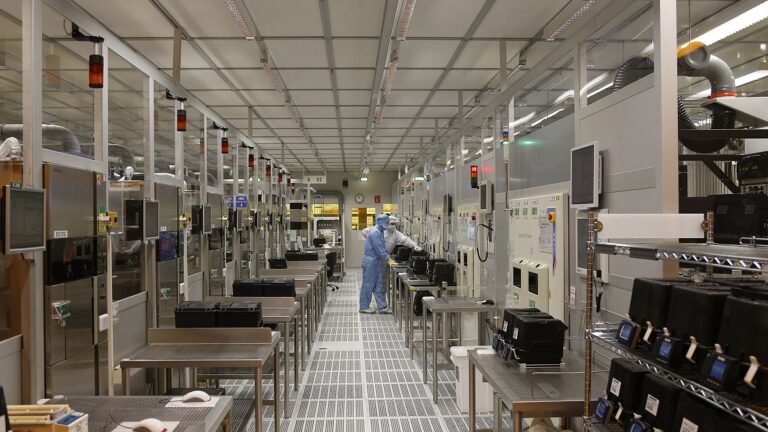The German government has announced it will invest billions of dollars in the country’s semiconductor sector with the aim of strengthening Germany’s international competitiveness and reducing its dependence on countries such as China and the United States.
According to Bloomberg, Germany has revealed plans to invest around 2 billion euros in the country’s semiconductor sector in the form of subsidies. However, further details have not been disclosed.
This is expected to greatly help semiconductor companies significantly upgrade their current production facilities.
Earlier this month, Germany’s Economy Ministry asked semiconductor companies to submit applications for subsidies. However, the exact amount that will be available as a subsidy has not yet been determined.
This will probably be decided after the next elections, scheduled to take place in February 2025.
The move follows Intel’s recent cancellation of plans to invest around 30 billion euros in a semiconductor factory in Magdeburg. This was a major blow to Germany, as the project was to become one of the country’s largest semiconductor factories.
Other companies such as ZF Friedrichshafen and Wolfspeed have also put their semiconductor production plans in Germany on hold, further weakening Germany’s domestic semiconductor sector.
It also received subsidies worth around 10 billion euros under the European Chip Law of 2023. However, the company has decided to postpone these plans as it deals with soaring losses and declining sales.
Semiconductors are used in a variety of devices such as cameras, mobile phones, microprocessors, satellites, military equipment, and automobiles.
Germany makes major moves in the domestic semiconductor industry
Germany, like several other major European economies, has invested heavily in its domestic semiconductor industry in recent years to rapidly expand production of sophisticated products.
This is expected to significantly contribute to Germany’s international competitiveness and reduce its dependence on countries such as the United States and China. This has become especially important following the supply chain disruptions seen during the COVID-19 pandemic.
Escalating trade and geopolitical tensions between China and the United States, primarily over Taiwan, are also contributing to the pressing need for major European countries to develop their own semiconductor and artificial intelligence industries. This is primarily due to growing concerns about China’s use of advanced artificial intelligence technology for military and spyware applications.
To support this, laws such as the European Chip Act have been enacted, and efforts are being made to improve the EU’s semiconductor industry as a whole, with the goal of increasing Europe’s global semiconductor market share to 20% by the end of 2010. There is.

